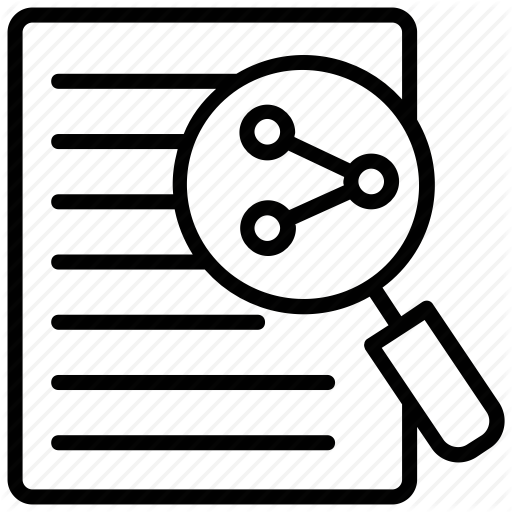KOVALEN: Jurnal Riset Kimia publishes articles that follow established writing guidelines. All articles are submitted online according to OJS guidelines at https://bestjournal.untad.ac.id/index.php/kovalen/about/submissions. Accepted research focuses include Organic Chemistry, Inorganic Chemistry, Biochemistry, Physical Chemistry, Analytical Chemistry, and Environmental Chemistry. If the author has problems submitting or wants to ask other questions, please send them to the email address kovalen.journal@gmail.com.
Paper Format
The number of words used is 3000-10000 words. The manuscript consists of title, abstract, background, material and methods, results and discussion, conclusion, acknowledgment, and references.
Main Heading
MAIN HEADING
Sub-Headings
Sub-sub-heading.png) s
s
Title
The title is written in Arial Bold (14 pt) and no more than 14 words. The title in English is written in Arial Bold (12 pt/ Capitalized Each Word) in [ ]. The author's name is written in Arial Bold (11 pt), affiliation and email are in Arial Italic (9 pt), and the corresponding author is in italic (8 pt).
Abstract
The abstract should be written very clearly, concisely, and descriptively. The abstract must contain the components of the problem and research objectives, methods, and conclusions of research results. The abstract is divided into two language versions, namely English and Indonesian. The maximum word count is 250 words using Arial (9 pt).
Keyword
Keywords use Arial Italic (8pt) with a minimum of two words and a maximum of 5 words separated by a comma (,).
Introduction
The introduction includes the theoretical basis and important reasons referenced from the literature. It also needs a description of the problem and the objectives to be achieved and the added value of the research. (Arial 10, one and a half spaced).
Materials and Methods
Materials and instrumentation are written in detail and equipped with the brand. Methods should be indicated by a reference: only relevant modifications should be described.
Result and Discussion
Research data are displayed systematically so that they are easy to understand. Tables and figures are placed at the end of the article (for the review process). The data from the research results are interpreted and discussed in depth according to the development of existing science. Discussions are organized systematically and consistently along with the results.
Tables and figures are presented in the article manuscript and have been referenced according to the format (Figure 1) or (Table 1).
Conclusion
The main conclusions of the study may be presented in a short Conclusions section, which may stand alone or form a subsection of a Discussion or Results and Discussion section.
References
All references that are referred to (read in the article section) are written in this section. The bibliography is arranged in order of alphabetical second name (surname) of the first author or using the APA (American Psychological Association) style. The author is recommended to use a reference manager (e.g Zotero, Mendeley, Endnote, etc.).
Example:
Book:
Yoshioka, S. dan Stella, V J. (2002). Stability of drugs and dosage forms. Kluwer Academic Publishers, USA.
Journal articles:
Bhumkar, DR., dan Pokharkar, VB. (2006). Studies on Effect of pH on cross-linking of chitosan with sodium tripolyphosphate: a technical note. AAPS PharmSciTech, 7(2):1–6.
Proceedings:
Wahyono, D., Sugita, P., dan Ambarsari, L. (2010). Ciri nanopartikel kitosan dan pengaruhnya pada ukuran partikel dan efisiensi penyalutan ketoprofen. Di dalam: Supena EDJ, Nugraheni EH, Hamim, Hasim, Indahwati, Dahlan K, editor. Sains Sebagai Landasan Inovasi Teknologi dalam Pertanian dan Industri. Prosiding Seminar Nasional Sains III; Bogor, 13 November 2010. Bogor: Fakultas MIPA Institut Pertanian Bogor. hlm 241–247.
Note:
Manuscripts in the form of Review Articles, Sub-chapters of Materials and Methods, Results, and Discussions are removed and replaced with sub-chapters that are in accordance with the material being reviewed. In the review, images, charts, and tables that are the result of the author's thoughts can be displayed which are used as a means to facilitate understanding of the material displayed in the review article (avoid copying images from library sources without permission). The review should also include a conclusion at the end of the article. The minimum number of references referred to is 25 published in the last 10 years.
Download
Template KOVALEN Article Template (English) Literature Review Author Guidelines






.png) s
s

